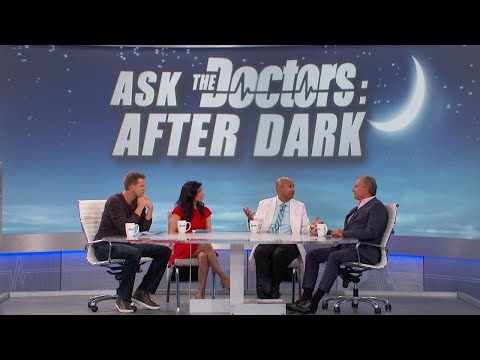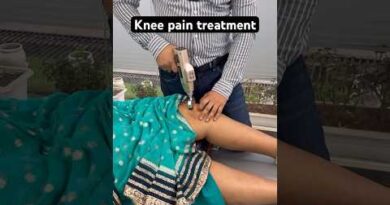How Common is Adult Bedwetting?
Bedwetting, medically termed nocturnal enuresis, is often viewed as an issue affecting children. However, it’s less widely acknowledged that this condition can persist into adulthood or even manifest for the first time in older individuals. Adult bedwetting can be both embarrassing and distressing, impacting one’s quality of life significantly. This article explores the prevalence of adult bedwetting and sheds light on potential underlying causes and management strategies.
**Prevalence of Adult Bedwetting**
Exact statistics on adult bedwetting are not easy to come by, largely due to underreporting due to the embarrassment associated with the condition. Estimates suggest that about 2% of adults experience nocturnal enuresis. This condition does not discriminate by age or gender, although it can be slightly more prevalent in men than in women.
Adult bedwetting varies greatly in terms of frequency—some individuals may experience it a few times a year, while others might face it regularly each night.
**Causes of Adult Bedwetting**
The causes of adult bedwetting are diverse and often more complex compared to children’s nocturnal enuresis. They can be categorized into issues with bladder capacity, urinary tract infections (UTIs), chronic health conditions (such as diabetes or neurological disorders), medication side effects, and deep sleep disorders that reduce the sensitivity to bladder fullness.
In some cases, lifestyle factors such as excessive alcohol consumption or consuming large amounts of fluid before bedtime can also trigger episodes. Psychological factors like stress and anxiety may also play a role.
**Diagnosing Adult Bedwetting**
Because adult bedwetting is unusual and could be indicative of underlying health issues, it is important for those experiencing recurrent nocturnal enuresis to seek medical advice. A healthcare provider will typically conduct a comprehensive medical history review and may recommend tests such as urine analysis blood tests neurology evaluation or imaging studies to rule out potential underlying conditions
**Management and Treatment**
Treatment for adult bedwetting depends on its underlying cause so it’s tailored to individual circumstances Medications that reduce nighttime urine production or alter bladder capacity might be prescribed In instances where stress or anxiety is believed to contribute psychological therapies such as counseling might be recommended
Lifestyle changes are frequently advised These might include reducing liquid intake in the hours before bedtime setting regular nighttime bathroom alarms to train oneself to wake up earlier and avoiding known bladder irritants like caffeine and alcohol
Waterproof bedding protective garments and incontinence products may also help manage symptoms providing comfort and reducing stress associated with potential accidents
**Coping with Bedwetting as an Adult**
Beyond physical management coping with the emotional impact of adult bedwetting is crucial Open communication with partners understanding from family members seeking support groups sharing experiences managing expectations all contribute towards reducing stigma improving self esteem dealing better emotionally which ultimately improves overall well being
In conclusion while not commonly discussed publicly adult bedwetting is more prevalent than many assume Understanding that there are valid reasons medical treatments available supportive strategies make dealing with this private issue less daunting If you or someone you know struggles with this condition encourage them seek help openly discuss their concerns professionals who can provide necessary care support

